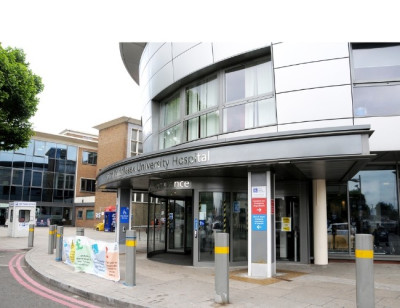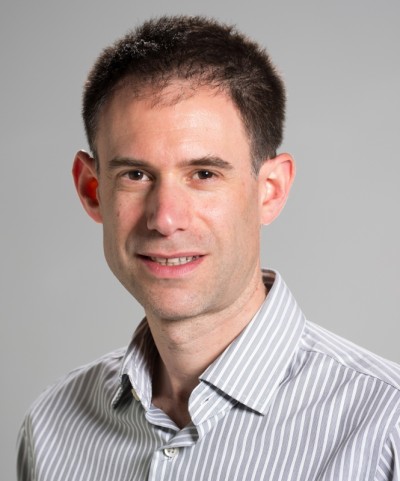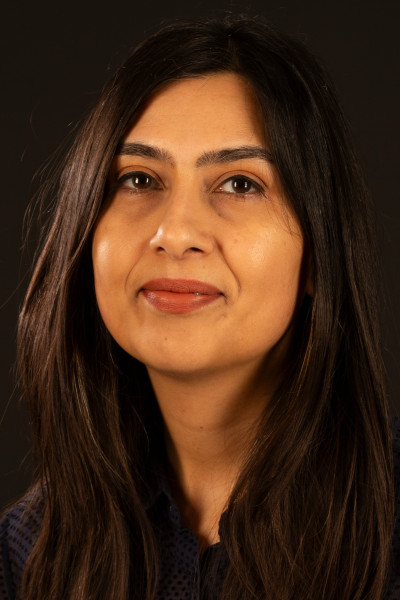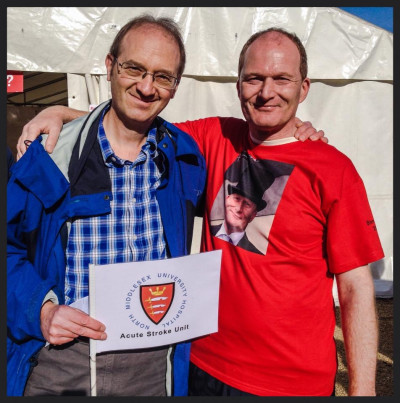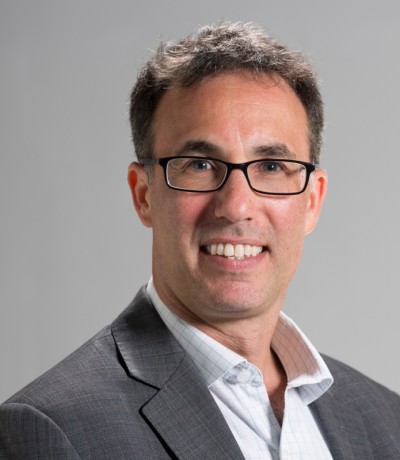What is a stroke?
Strokes are a medical emergency and it is vital that hospital treatment is received immediately. The longer it is left before a person receives medical attention, the greater the risk of long-term neurological damage (brain damage).
A stroke is a serious medical condition that occurs when the blood supply to the brain is interrupted. As a result, the brain tissue is damaged.
We use the word FAST to remember the main symptoms of stroke, which are ‘face-arms-speech-time’.
- Face – has their face fallen on one side? Can they smile?
- Arms – can they raise both arms and keep them there?
- Speech – is their speech slurred or garbled?
- Time – time to call 999 if you see any of these signs.
The Royal Free London works within the pan-London stroke model.
We provide acute inpatient stroke care, transient ischaemic attack (TIA) clinics and stroke follow-up clinics at both Barnet Hospital and the Royal Free Hospital and North Middlesex University Hospital. We also provide rehabilitation at Edgware Community Hospital.
A transient ischaemic attack (TIA), or 'mini stroke', is similar to a stroke, usually lasting less than one hour.
TIAs do not cause permanent damage but can be a warning sign that you may be at risk of a stroke.
Patients experiencing TIA symptoms should have a rapid assessment in a TIA clinic. This has been shown to significantly reduce the risk of going on to have a stroke. Please seek urgent medical advice to obtain a referral.
If you are experiencing ongoing symptoms and are worried about a stroke, you should call 999.
TIA clinics run daily (Monday to Friday) at Barnet Hospital and the Royal Free Hospital, to provide rapid assessment and treatment.
We aim to see all patients within 24 hours of referral. TIA clinics run daily (Monday to Friday) at Barnet Hospital and the Royal Free Hospital, to provide rapid assessment and treatment. At North Middlesex University Hospital, TIA patients are assessed by telephone or in person by a consultant or stroke specialist nurse.
Some patients who present over the weekend or on bank holidays, and are deemed to be at high risk, may be seen at University College London Hospitals NHS Foundation Trust to ensure timely assessment and care.
What happens in clinic?
If you are referred to one of our TIA clinics, you will be assessed by a doctor and may be sent for tests, if appropriate.
The tests may include a CT scan, MRI, an ultrasound of the neck arteries, an ECG and blood tests.
We provide a one-stop clinic and aim to carry out all tests on the same day. Please be aware this may mean you are with us for several hours.
The pan-London stroke model was designed to improve outcomes for stroke patients.
Designated units were identified to provide hyper-acute stroke care across London. The closest hyper-acute stroke units (also known as HASUs) can be found at UCLH and Northwick Park Hospital.
Patients who experience acute strokes are taken to a hyper-acute stroke unit.
After receiving care at a hyper acute stroke unit, you may be transferred to an acute stroke unit, where patients recovering from a stroke or those requiring longer inpatient stays are cared for. Barnet Hospital, the Royal Free Hospital and North Middlesex University Hospital are designated as acute stroke units.
When patients are in our care, we:
- investigate the cause of the stroke
- treat ongoing medical problems
- provide support and advice on how to prevent another stroke
- help with rehabilitation
At Barnet Hospital, the acute stroke unit is on Spruce ward, which can be found on level 2 of the main building. The unit has 24 inpatient beds.
At the Royal Free Hospital, the acute stroke unit is on 6 South ward on the 6th floor, and has 18 inpatient beds.
At North Middlesex University Hospital, the acute stroke unit is on level 2 of the Podium building. It has 20 inpatient beds.
Our units are led by ward managers supported by matrons, all of whom will be happy to discuss any questions you may have.
Our two stroke units are made up of specialist stroke consultants, experienced stroke nurses and a team of allied health professionals who will support you through your stay.
It is likely you will be assessed by physiotherapists, occupational therapists, speech and language therapists and psychologists.
Therapy is provided to assist with your recovery and enable you to leave hospital. We will set therapy goals with you so that you can chart your progress.
Before leaving our hospitals, you will be provided with a booklet explaining more about local support services.
Every inpatient will be assigned a key worker from the therapy team.
Your key worker is a designated person to speak with if you have any questions about your treatment and care.
A stroke information booklet will be given to you on admission to our hospitals, and we hold regular family meetings.
From our acute stroke units, recovering stroke patients may be transferred to their local stroke rehabilitation unit for longer-term rehabilitation services, or be discharged home with local support from local community teams.
Where you are transferred will depend on your individual needs and the local services available. We work closely with these services to ensure patients’ needs are met.
The following websites contain information you may find useful:
 Translate
Translate


